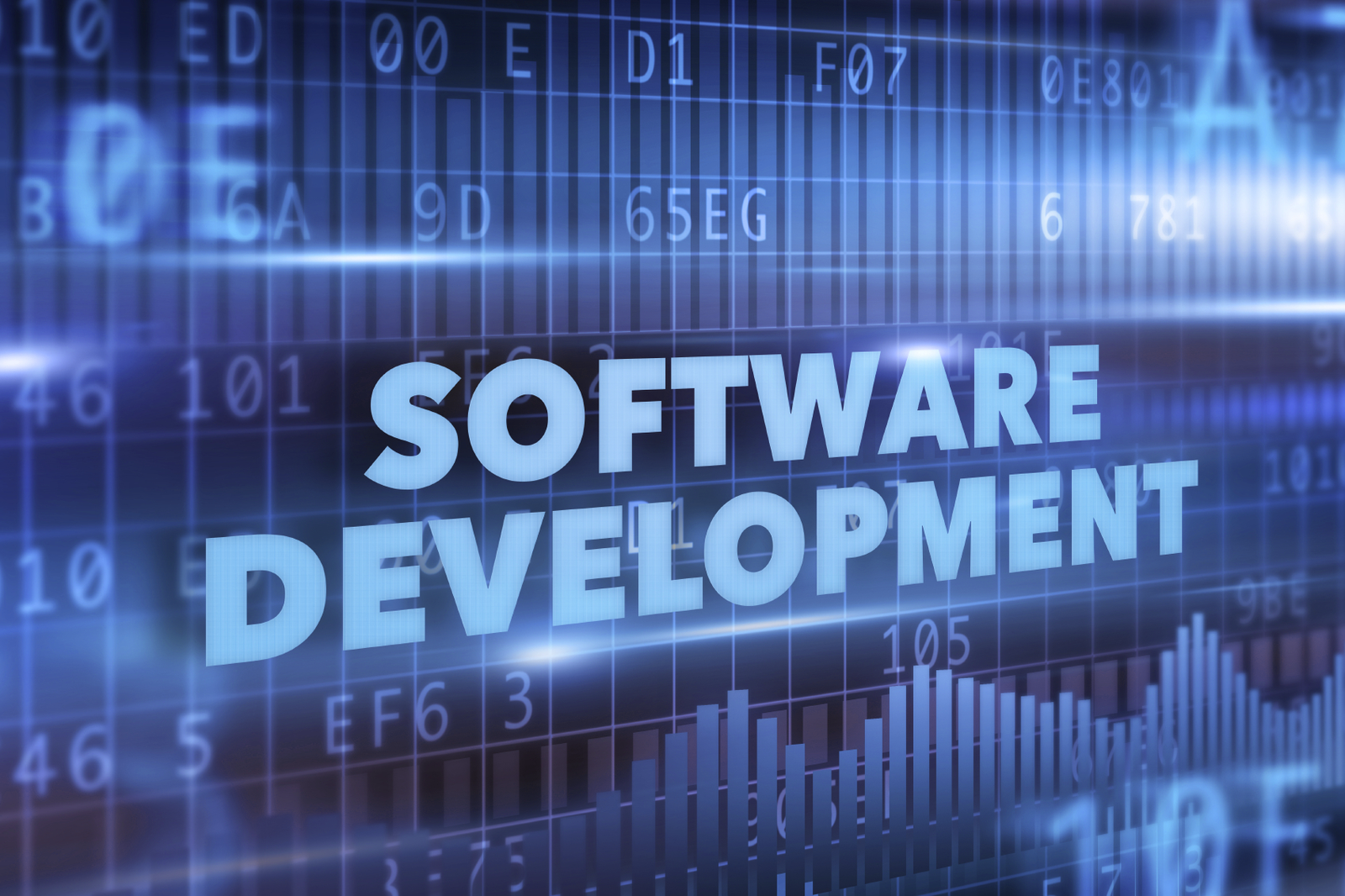Revolutionizing the Software Industry
Table of Contents
The software industry has been rapidly evolving over the years, with new technologies and trends emerging every day. To stay competitive and relevant, it is crucial to stay up-to-date with the latest trends. In this article, we will discuss the latest trends in Revolutionizing the Software Industry that you need to know.
Artificial Intelligence and Machine Learning
Artificial intelligence (AI) and machine learning (ML) have become an integral part of the software industry. They are used to automate various processes and make software more intelligent. AI and ML are used in areas such as natural language processing, image recognition, and predictive analytics. They are also used in developing chatbots and virtual assistants, which are becoming increasingly popular in the customer service industry.
Cloud Computing
Cloud computing has been a game-changer in the software industry. It has made it possible for companies to store and access data and applications from anywhere in the world. Cloud computing has also made it possible for companies to scale their operations quickly and easily. With cloud computing, companies can access a wide range of software applications without the need to invest in expensive hardware and infrastructure.
Internet of Things (IoT)

The Internet of Things (IoT) is a network of devices that are connected to the internet. These devices can communicate with each other and share data. IoT has revolutionized the software industry by creating new opportunities for developers to create innovative applications. IoT has been used in various industries such as healthcare, transportation, and agriculture.
Progressive Web Apps (PWA)
Progressive Web Apps (PWA) are web applications that can work offline and provide a native app-like experience. They are built using web technologies such as HTML, CSS, and JavaScript. PWA has become increasingly popular in recent years as it provides a seamless user experience across all devices. PWA is also more accessible than native apps as they don’t need to be downloaded and installed.
Low Code/No Code
Low code/no code is a new trend in the software industry that allows developers to create software applications without the need for extensive coding skills. Low code/no code platforms provide visual tools that allow developers to drag and drop components to create applications. This trend has made it easier for businesses to create custom software applications without the need for an in-house development team.
Blockchain
Blockchain is a decentralized and secure database technology that is used to store and transfer data. It has become increasingly popular in recent years due to its use in cryptocurrencies such as Bitcoin. Blockchain has the potential to revolutionize the software industry by providing secure and transparent data storage and transfer.
Microservices Architecture
Microservices architecture is a new way of building software applications that involves breaking down large applications into smaller, modular components. This trend has become increasingly popular as it provides more flexibility, scalability, and agility in software development. Microservices architecture also makes it easier to maintain and update software applications.
DevOps
DevOps is a software development approach that emphasizes collaboration and communication between development and operations teams. It involves automating various processes in software development, such as testing and deployment. DevOps has become increasingly popular in recent years as it has been shown to increase the speed and quality of software development.
Cybersecurity
Cybersecurity has become a crucial concern in the software industry due to the increasing number of cyber attacks. Companies need to ensure that their software applications are secure and protected from cyber threats. This trend has led to the development of new cybersecurity technologies such as firewalls, antivirus software, and intrusion detection systems.
User Experience
User experience (UX) has become a key focus in the software industry. Companies need to ensure that their software applications are easy to use and provide a seamless experience for users. This trend has led to the development of new UX design principles and best practices. UX designers are now focusing on creating intuitive and user-friendly interfaces that prioritize user needs and preferences.
Read More:The Ultimate List of Top Softwares for Creative Professionals in 2023
Conclusion
The software industry is constantly evolving, and staying up-to-date with the latest trends is crucial for businesses to stay competitive and relevant. From artificial intelligence and machine learning to low code/no code platforms and cybersecurity, these trends are transforming the way we develop and use software applications. By embracing these trends and integrating them into their operations, businesses can achieve greater efficiency, agility, and profitability.




